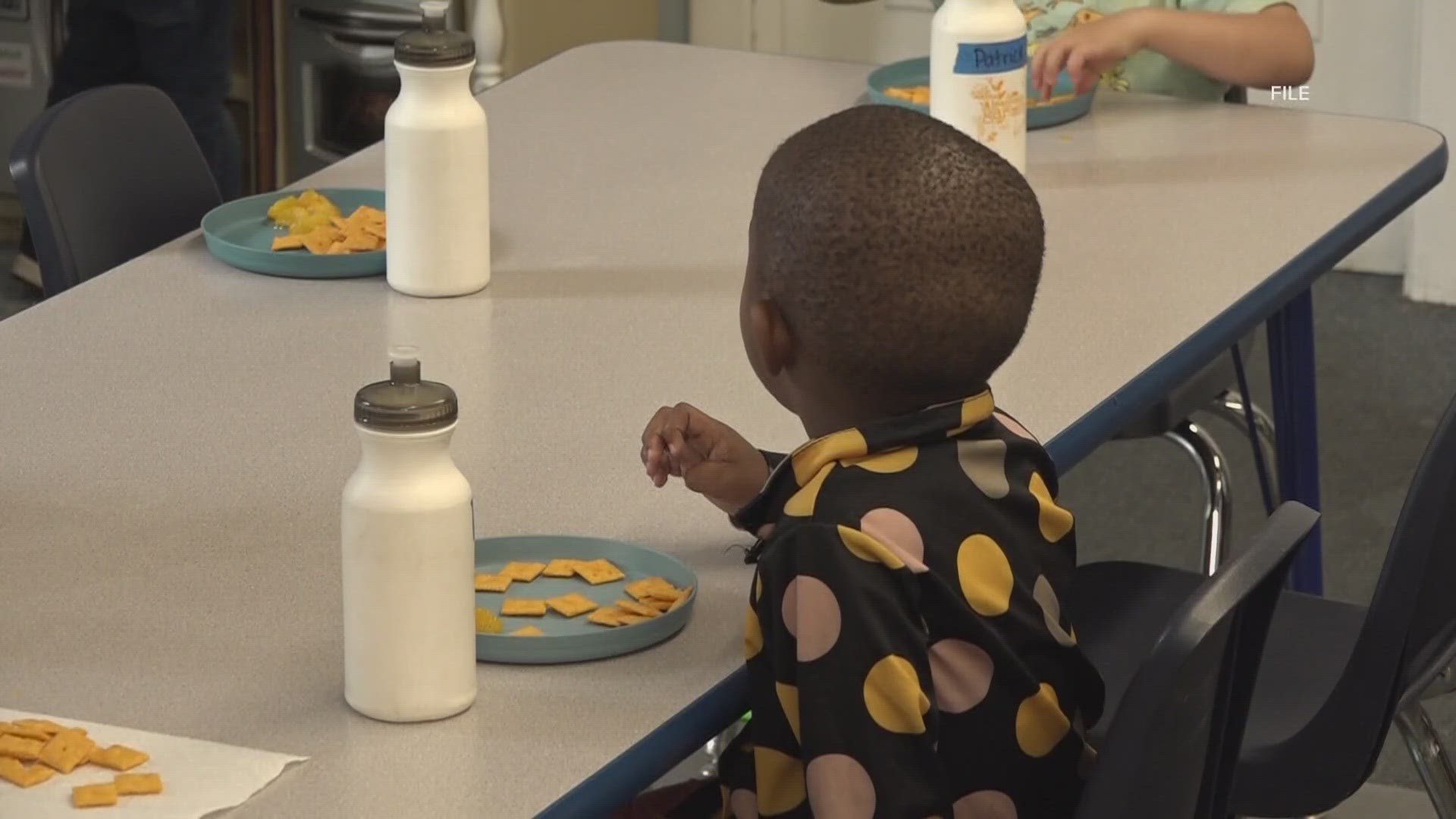AUGUSTA, Maine — With many Maine families struggling to afford early childhood education, lawmakers held a children's caucus Tuesday to find the root cause of financial issues within Maine's child care system.
Theresa Hawley, executive director of the Center for Early Learning Funding Equity, presented the findings of a cost-modeling study done for the state.
"Our center works with states and communities all across the country to address a really thorny problem," Hawley said Tuesday, regarding states facing complications with their early education programs.
Hawley said one of the issues Maine is facing could be derived from reimbursements to families through the Child Care Affordability Program.
While the state uses market-based reimbursement rates, it oftentimes causes variations of cost based on which county a family lives in. Changing the way rates are calculated, could help even things out, Hawley said.
Advocates and lawmakers are also keeping an eye on several bills. One of which, is LD 2199, "An Act to Ensure Subsidy Reimbursements and Emergency Financial Assistance for Certain Child Care Providers."
Presented by Senator Troy Jackson, if passed, child care providers would be reimbursed based on enrollment rather than attendance.
"In the current system, not all the days are covered through reimbursement, so there might be some — certain days that a child is out that the program would not be reimbursed for," Heather Marden, co-executive director of the Maine Association for the Education of Young Children, said.
"We often use public school in comparison: Public schools will get publicly funded regardless of the days kids are there. We want the same public funding for this subsidy program," Marden added.
If passed, the bill would also create an emergency fund for providers to tap into. Lawmakers like Rep. Nina Milliken, D-Blue Hill, who testified for the bill said it might help keep providers in business, who oftentimes are tight for funding.
"It seems like if you have a child care center and your furnace goes out, that will close you because you don't have the savings or the income," Milliken said. "Obviously it's going to cost money, but it's money that these folks deserve to make."

